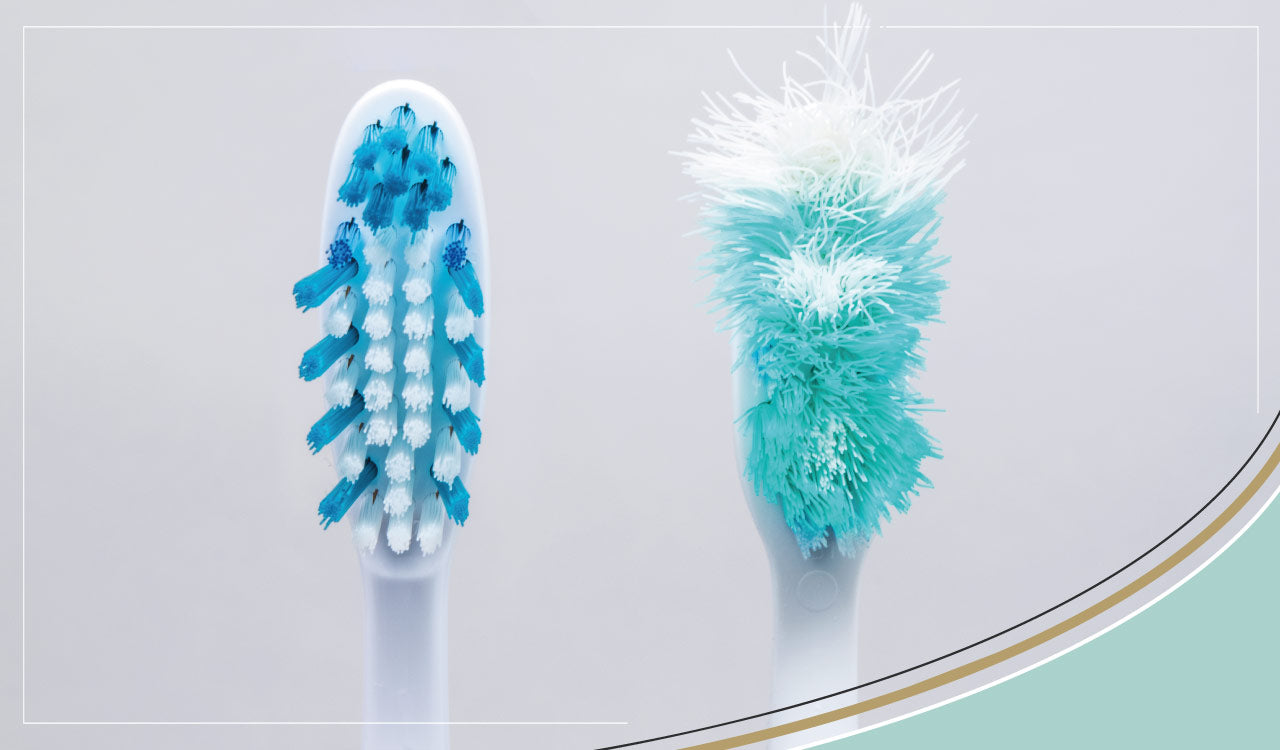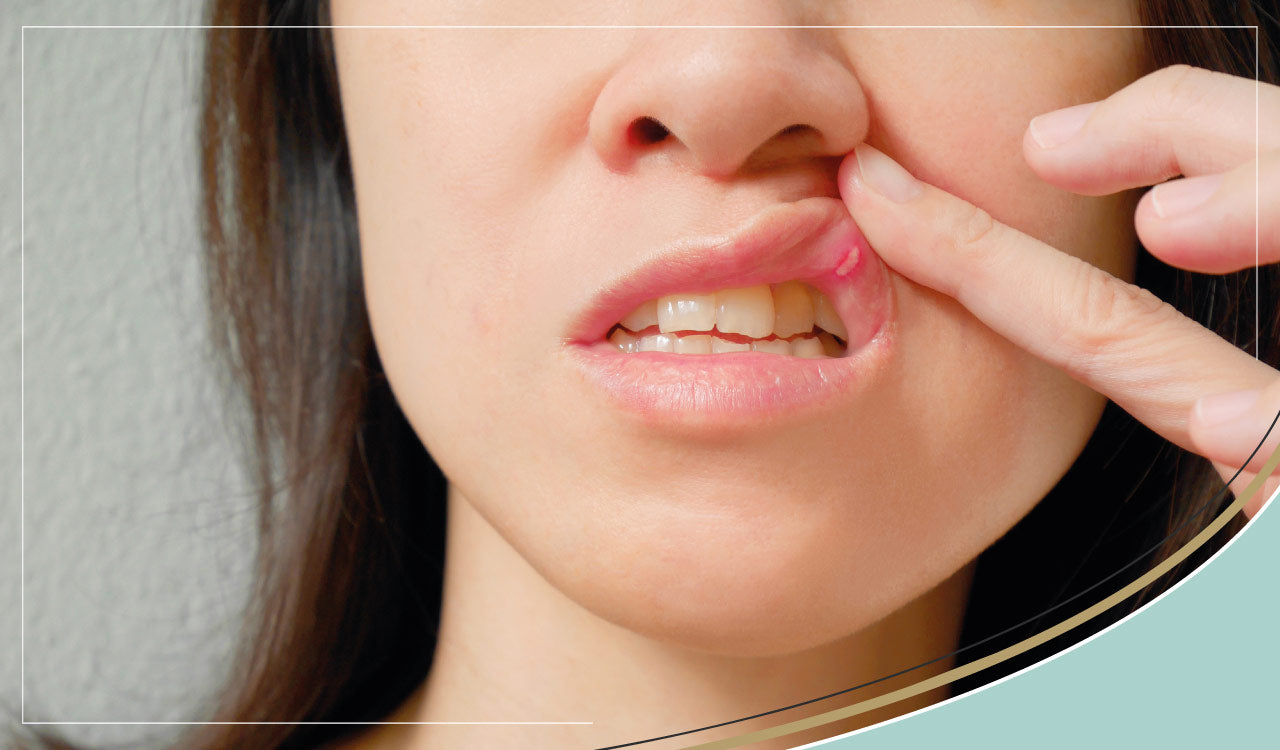What causes gum disease / periodontitis and how can it be prevented?

What is Gum Disease?
Most adults will experience gum disease at some point in their lives. They may experience bleeding when brushing or flossing their teeth, soreness or infection, red inflamed gums (gingivitis), and bad breath. It is very important to stop gum disease in its tracks as this can develop into “periodontitis.”
What is Periodontitis?
Periodontitis takes on a number of different forms but is a disease that damages tissues that support the teeth. Left unchecked, periodontitis can go on to decay parts of the jaw bone, creating spaces between the gum and teeth and eventually causing the teeth to loosen and fall out.
What Causes Gum Disease?
Gum disease is caused by plaque build-up. Plaque is basically a sticky film composed of saliva and bacteria that develops frequently on the surface of the tooth. Plaque needs daily removal through brushing and flossing in between teeth to prevent it from spreading to below the gum line, where it causes irritation. The following factors increase the risks of developing gum disease:
- Smoking creates more bacterial plaque in the mouth and starves the gums of oxygen, preventing healing.
- Eating a diet high in carbohydrates: sugars and starches produce acidic plaque which wears down the tooth’s surface.
- The risk of gum disease increases as you get older.
- Health conditions - conditions such as HIV, AIDS, diabetes or chemotherapy treatment for cancers.
- Malnutrition affects development of the immune system and therefore immune response to bacteria.
Other Reasons to not Leave Gum Disease Untreated
As if the risk of losing your teeth is not enough of an incentive to treat any signs of gum disease, there is a growing bank of evidence that some health conditions also appear to be linked to this disease (heart disease, stroke, diabetes, poor pregnancy outcomes, and dementia).
General Ways to Prevent Gum Disease
The best way of preventing gum disease is through good oral hygiene which means brushing twice a day, including areas where the gum meets the tooth, brushing the tongue to remove bacteria, then using floss or interdental brushes to remove the debris from between the teeth. Quitting smoking and maintaining a balanced, healthy diet will also help. Visiting the dentist regularly and attending the hygienist where necessary is also important. Consider using supplementary support such as Oregano Oil.
 Fast Delivery - 1-4 Working Days
Fast Delivery - 1-4 Working Days
 Free Delivery for all orders to France
Free Delivery for all orders to France
 Read Thousands of Independent Reviews
Read Thousands of Independent Reviews
















